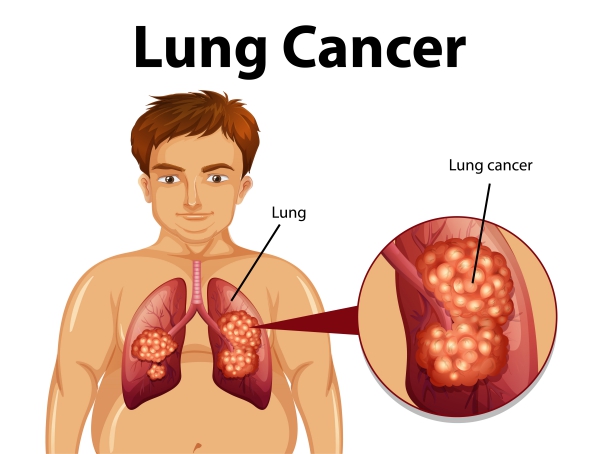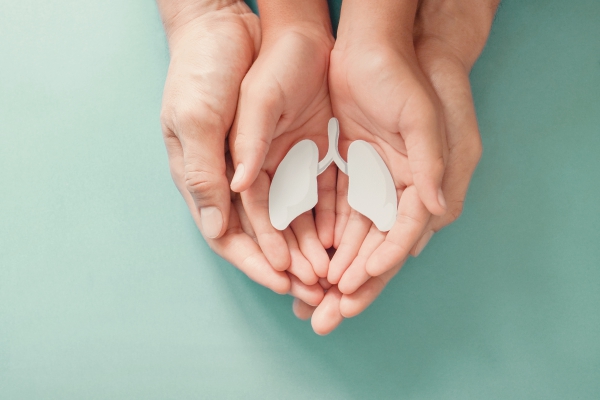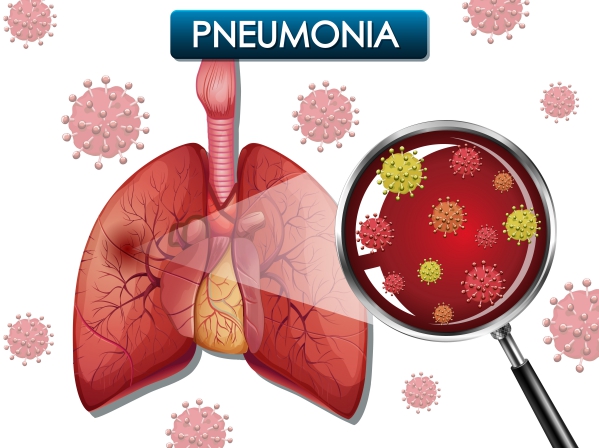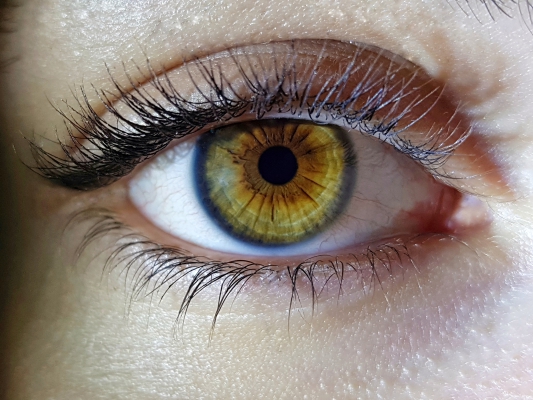What is cystic fibrosis?
Cystic fibrosis is a disease which affects how glands in your body function. It is a disease that can affect various organ systems in your body, but most commonly affects your lungs and pancreas. This can lead to the development of various complications if left untreated. Cystic fibrosis is an inherited disease that affects the cells in your glands responsible in producing mucus, sweat and digestive juices. It gives rise to thick fluids being secreted which can result in blockage of tubes and ducts in your lungs and pancreas.
Cystic fibrosis is the most common inherited disease that leads to death among the white population. Worldwide, 1 in 377 born babies have cystic fibrosis. Females tend to have the more severe form of the disease with increasing age and have a shorter life expectancy.
Causes of cystic fibrosis
Cystic fibrosis is an inherited disease resulting from a defect in the cystic fibrosis gene known as the cystic fibrosis transmembrane conductance regulator (CFTR) gene. This mutation causes a dysregulation in the concentration of salt inside and outside of cells found in your organs. Thick and sticky mucus is secreted in your lung passages, digestive tract. It is also characterized by the presence of high amount of salt in your sweat.
Some people are only carriers of the disease and do not manifest any symptoms. This occurs when they inherit one copy of the mutation from one parent only. If two copies are inherited (one from each parent), cystic fibrosis develops.

Signs and symptoms of Cystic fibrosis
Usually, cystic fibrosis can be identified in newborns with the use of screening in some countries. However, individuals who have not been diagnosed soon after birth will eventually be diagnosed at the appearance of symptoms. The signs and symptoms depend on the severity and extent of the disease. It also depends on the organ systems affected.
The signs and symptoms that can occur in cystic fibrosis include the following:
- Wheezing, which is a whistling sound when breathing
- Intolerance to exercise
- Constant cough with the production of thick sputum
- Recurrent lung infections
- Congested nose
- Recurrent inflammation of the sinuses
- Foul smelling and greasy stools due to the inflammation of the pancreas
- Inability to pass first stools at birth
- Chronic constipation
- Excessively salty sweat
Making a diagnosis
The diagnosis of cystic fibrosis is mostly made based on the symptoms, family history and sweat test results. You are diagnosed with cystic fibrosis if you have either a positive genetic testing or a positive sweat chloride test (value greater than 60 mEq/L) and any one of the following:
- Chronic obstructive disease of the lungs
- Decreased function of the pancreas
- Family history of cystic fibrosis
Genetic testing can be done in newborns by analysing the DNA in some cells collected usually from the mouth of the baby. Cells can also be collected during pregnancy using a technique known as amniocentesis. This is usually reserved for babies whose parents have identified cystic fibrosis gene mutation.

The sweat chloride test is a test in which a sample of sweat is collected and the amount of chloride present is calculated. If the amount of chloride in the sweat exceeds 60 mEq/L, it is consistent with the diagnosis of cystic fibrosis. This test is recommended to be performed at least twice in every patient.
Other tests may be requested to assess the extent of the disease including:
- Chest radiography
- Abdominal radiography
- Chest computed tomography (CT) scan
- Ultrasonography
- Pulmonary function tests
- Sputum analysis if lung infection is suspected
What are the treatments for cystic fibrosis?
Since it is a condition that affects multiple organ systems, a multidisciplinary team will care for the treatment and follow-up of the patient. Once the diagnosis is made, the patient will have to undergo a variety of baseline tests prior to initiation of treatment. Management also includes counselling and teaching about the techniques that will relieve the symptoms such as airway obstruction and how to use specific equipments involved in the treatment.
The goals of the treatment of cystic fibrosis include:
- Maintaining adequate lung function
- Controlling infections
- Clearing mucus obstructing airways
- Administrating of supplements and vitamins
- Preventing and managing complications that may arise
Management of cystic fibrosis include the following:
- Diet and exercise: A high-energy and high-fat diet is usually recommended in people with cystic fibrosis. This is to compensate for the decreases absorption and higher energy demand in the affected individuals.
- Surgical treatment: This is usually done when complications arise from the disease. Lung transplant, on the other hand, is indicated in people with end-stage lung disease.
- Antibiotics: These are usually prescribed to treat lung infections.
- Mucolytic: These medications work by thinning mucus to enable easier removal and improve lung function.
- Bronchodilators: These are inhaled medications that help in widening airways to improve lung function.
- Pancreatic enzymes: These enzymes can be given orally to help in the absorption of nutrients in your gastrointestinal tract.
- Medications targeting genes: There are medications known as CFTR modulators. These help to improve the function of the protein which the CFTR gene encodes.
- Chest physiotherapy: If you have cystic fibrosis, you may require chest physiotherapy to relieve the obstruction caused by mucus build-up. This may be done several times per day.
- Oxygen therapy: You may be prescribed pure oxygen therapy if the level of oxygen is declining in your blood.
- Non-invasive ventilation: This may be used in combination with oxygen therapy while sleeping in some people. It is usually delivered via a nasal cannula or a face mask.


Complications of cystic fibrosis
Complications that may arise from cystic fibrosis may include the following:
- Pneumothorax
- Recurrent and persistent coughing up of blood
- Inability to pass meconium
- Recurrent respiratory tract infections
Prognosis
The life expectancy of individuals with cystic fibrosis depend from country to country. With advancements in the medical and surgical treatment modalities, there has been improvement in the prognosis of the disease. For example, in the United States, individuals with cystic fibrosis are expected to live longer than 40 years. With the current treatment options available, 80% of people reach adulthood. However, despite all what is available, cystic fibrosis remains an impairing and life-limiting condition.

Source:
Sharma, G., 2020. Cystic Fibrosis: Practice Essentials, Background, Pathophysiology.
Katkin, J., n.d. Cystic Fibrosis: Clinical Manifestations And Diagnosis.
Simon, R., n.d. Cystic Fibrosis: Overview Of The Treatment Of Lung Disease.








